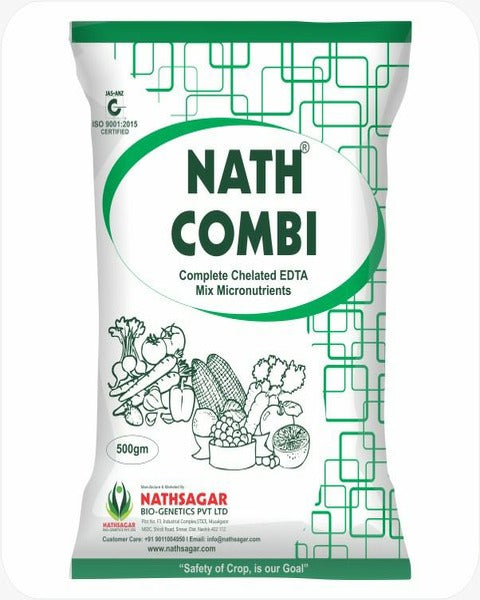NATHSAGAR NATH COMBI
NATHSAGAR

NATHSAGAR NATH COMBI
NATHSAGAR
Price: ₹ 225
₹ 225
Regular price
₹ 340
₹ 340
Sale price
SKU: 250 gms
Currently Unavailable.
SKU: 250 gms
You Save: ₹ 115

Currently Unavailable.
/

- Country of origin: India
- Secure payments
- In stock, ready to ship
- Inventory on the way













